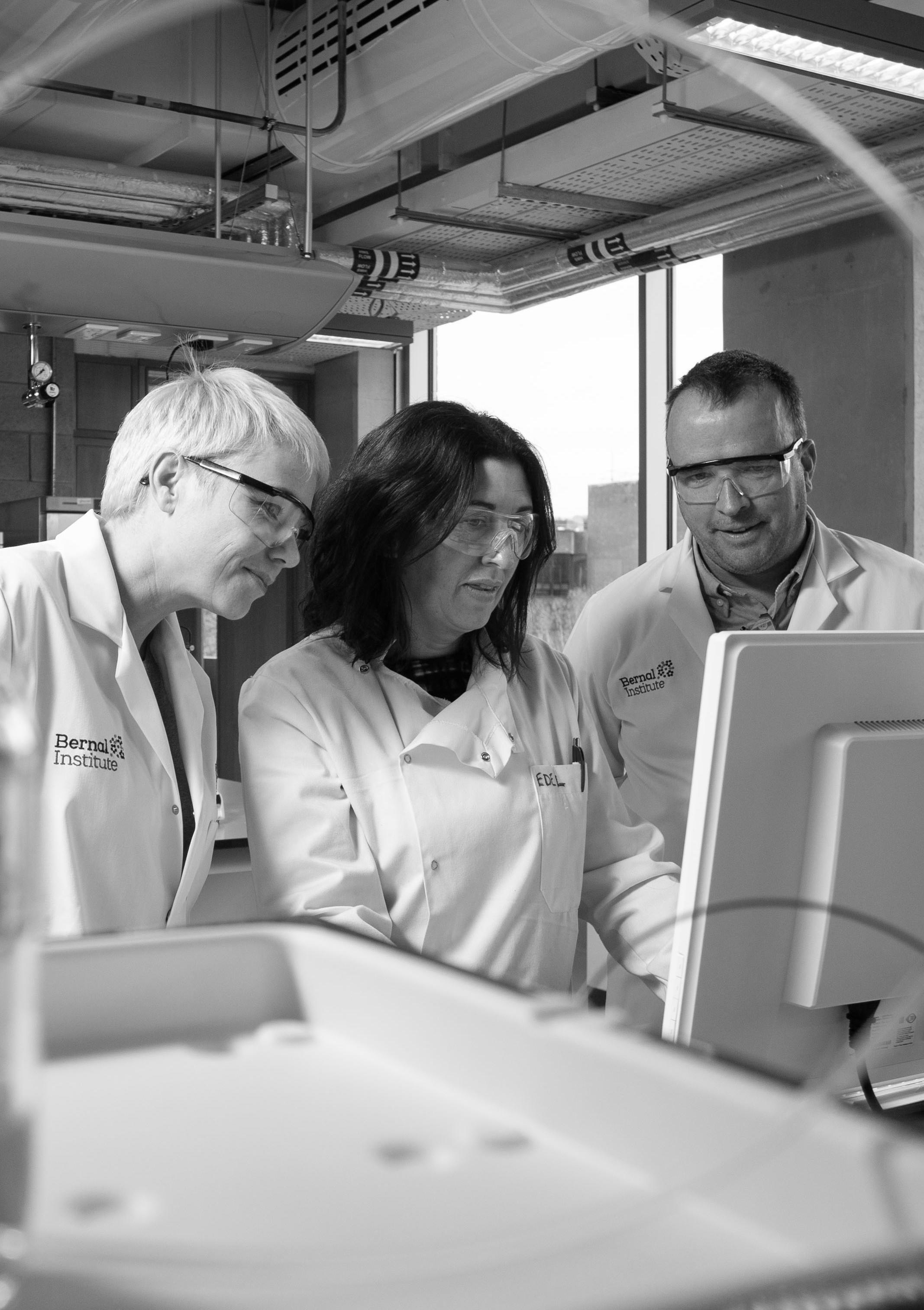




Recognition of Prior Learning (RPL) recognises that learning takes many forms including ‘on-the-job’ learning gained through the world of work.
RPL can help employers to address upskilling and reskilling challenges, by recognising the skills, knowledge and experience that an employee has learned in the workplace. It can help to meet existing and emerging skills needs at a faster pace by avoiding duplication of learning.
Other positive impacts include employee retention, and contributing to career progression, whilst boosting knowledge, expertise, and staff motivation.
It is a process where higher education formally assesses and gives value to the skills, knowledge, and competencies employees have gained outside formal education settings—be it through work experience, in-house training, volunteering, online courses, or life experiences. RPL makes it possible for people to build on the learning they have achieved and to be rewarded for it.
RPL can be used to gain:
Entry to courses – i.e. where learners do not meet the standard entry criteria
Module exemptions/credit
Advanced entry to programmes beyond year one
RPL is a driver for workforce development
Supports staff development and retention within organisations by increasing staff motivation to undertake appropriate education or training
RPL may help to reduce the amount of time and cost associated with acquiring a qualification or credential
RPL can be a solution for individuals or cohorts of employees


The application process typically has 5 ‘stages’, these are:
1. Information: This is where applicants find out about what RPL opportunities exist in a higher education institution and how the process works.
2. Identification: Applicants are asked to explore their experiences and learning to date with a view to making an RPL application.
3. Documentation: Applicants undertake a reflective process and gather relevant materials to support their application. Some examples of materials may be CV’s and job descriptions.
4. Assessment: The application is then assessed by a staff member in the higher education institution. A range of assessment mechanisms may be used including portfolios, interviews, essays or practical /written examinations.
5. Certification: If successful, the learner will receive formal recognition or certification which can lead to:
I. Credit towards an award or exemption from some programme modules
II. Advanced entry to a programme
III. Entry to a programme
In some higher education institutions, RPL may also be used to gain a full academic award. The availability of full awards is at the discretion of each higher education institution.



“As an SME business owner, RPL has been transformative for me both personally and professionally. The RPL process meant that my skills and experience were recognised, and I could gain access to a degree programme. I was also able to gain module exemptions based on my prior learning, which meant that I could complete the degree faster. Whether it is to upskill or upqualify yourself or your staff, RPL can be an excellent mechanism to do this.”
RPL is actively evolving through collaborations among partner institutions. As we embed and improve our approaches, we invite businesses to explore the potential opportunities of RPL.
01 02
The National Recognition of Prior Learning Project has 14 partner institutions across Ireland comprising of Technological Universities, traditional Universities, and Institutes of Technology. You can find a list of our partner institutions on the Prior Learning website www.priorlearning.ie
Each partner institution has an RPL Project Lead who can provide guidance and advice in helping to explore options. Depending on the institution, there may be the potential to develop customised learning solutions using RPL for cohorts of employees, for example where workplace competencies and training are integrated into programme content.
Scan the QR Code to view the full list of our partner institutuons.
The National Recognition of Prior Learning Project is a collaborative initiative working to embed and expand RPL across 14 partner higher education institutions. The project is funded by the Human Capital Initiative Pillar 3 (Innovation and Agility) and co-sponsored by the Technological Higher Education Association and the Irish Universities Association.
